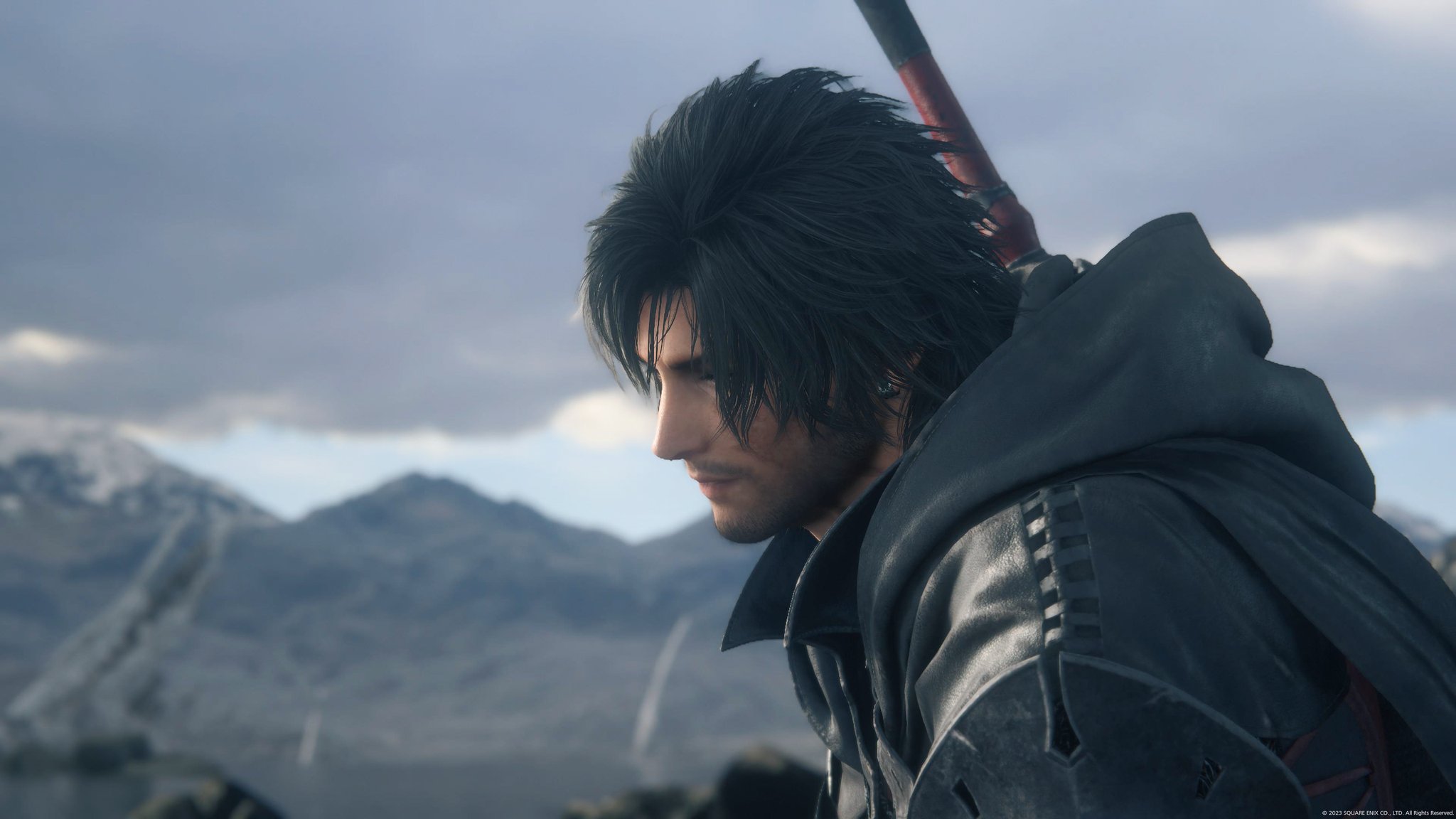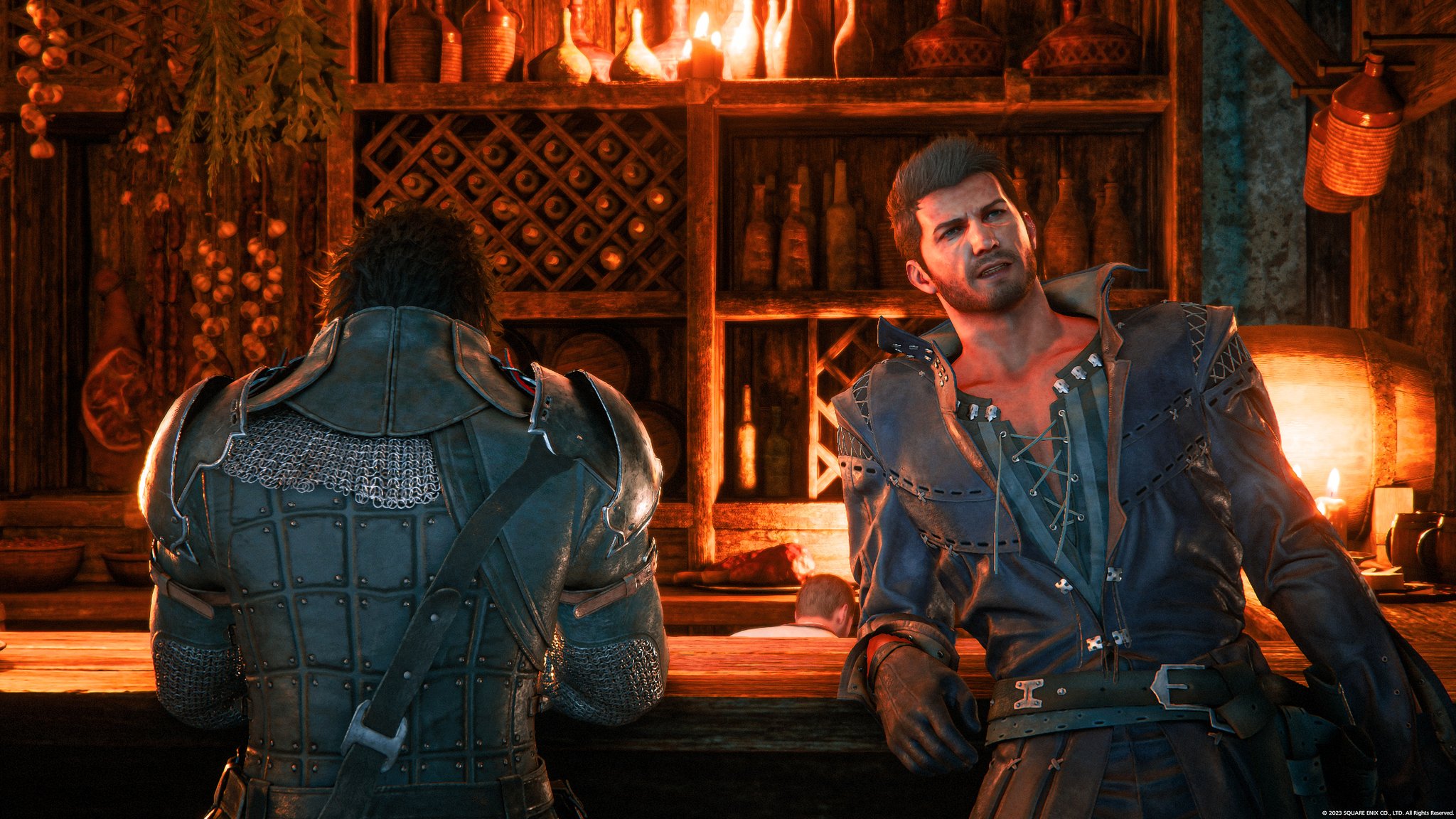Final Fantasy 16, helmed by producer Naoki Yoshida, also known as Yoshi-P, has indisputably been a beacon in the realm of role-playing games this year. As the latest installment in a long and esteemed lineage of titles, the game has drawn a lot of attention from a global fanbase, critics, and PlayStation 5 owners. The game, which presents a much more mature if darker narrative, akin to series such as Game of Thrones, and a surprising emphasis on action-oriented gameplay, has largely been lauded by reviewers, standing at an impressive 87 on Metacritic. However, the response to these bold modifications from certain quarters of the Final Fantasy fandom has been anything but uniformly positive.
The diverse reactions to Final Fantasy 16 reflect the complexity and passion inherent to the franchise's vast and committed fanbase. Some fans have expressed dissatisfaction about the game's shift towards action-RPG mechanics, leaving behind a fan-favorite feature, the traditional turn-based system, a cornerstone of the JRPG genre. Others voiced concerns about the game's difficulty level. In an industry where creativity and innovation are often celebrated, these substantive criticisms are indeed valid areas of discussion.
However, the problem arises not from the criticisms themselves, but from their often abrasive and toxic delivery. The reality is that, in the internet age, the veil of anonymity and the instant gratification of likes, replies, and upvotes can fuel hostility and negativity. Amid this, some fans have lashed out at the studio and its staff in response to the changes in Final Fantasy 16, with hostility seemingly seeping into their criticisms.


